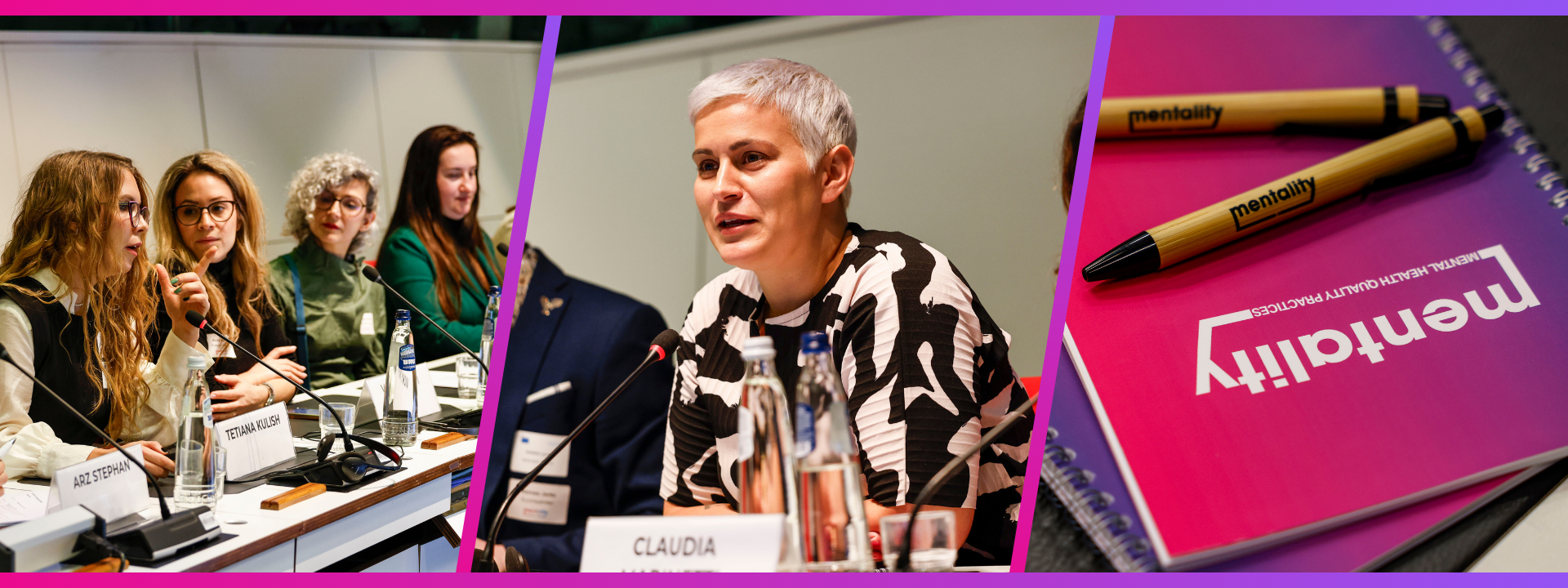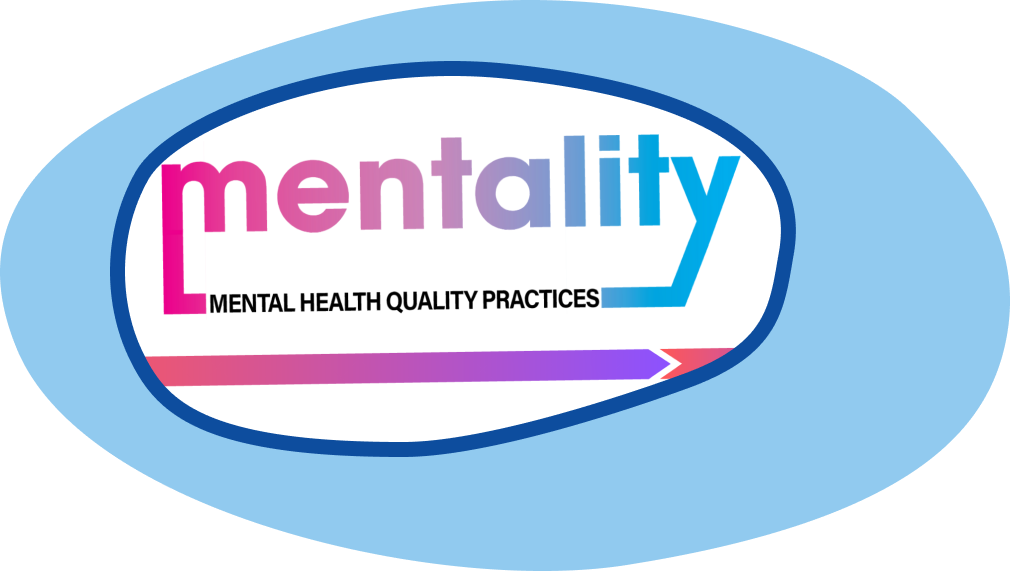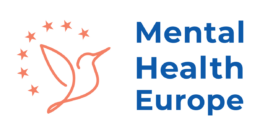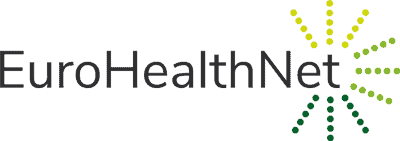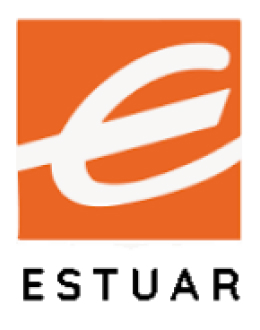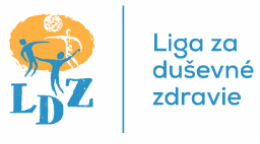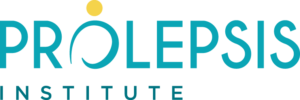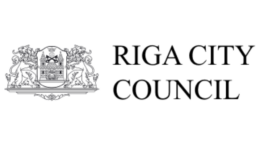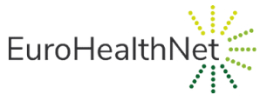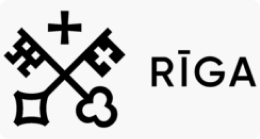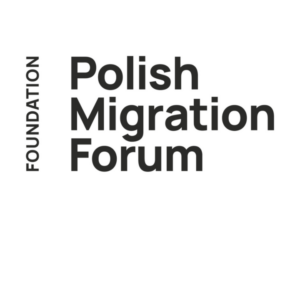Evidence-Based Mental Health Quality Practices of the Mentality project
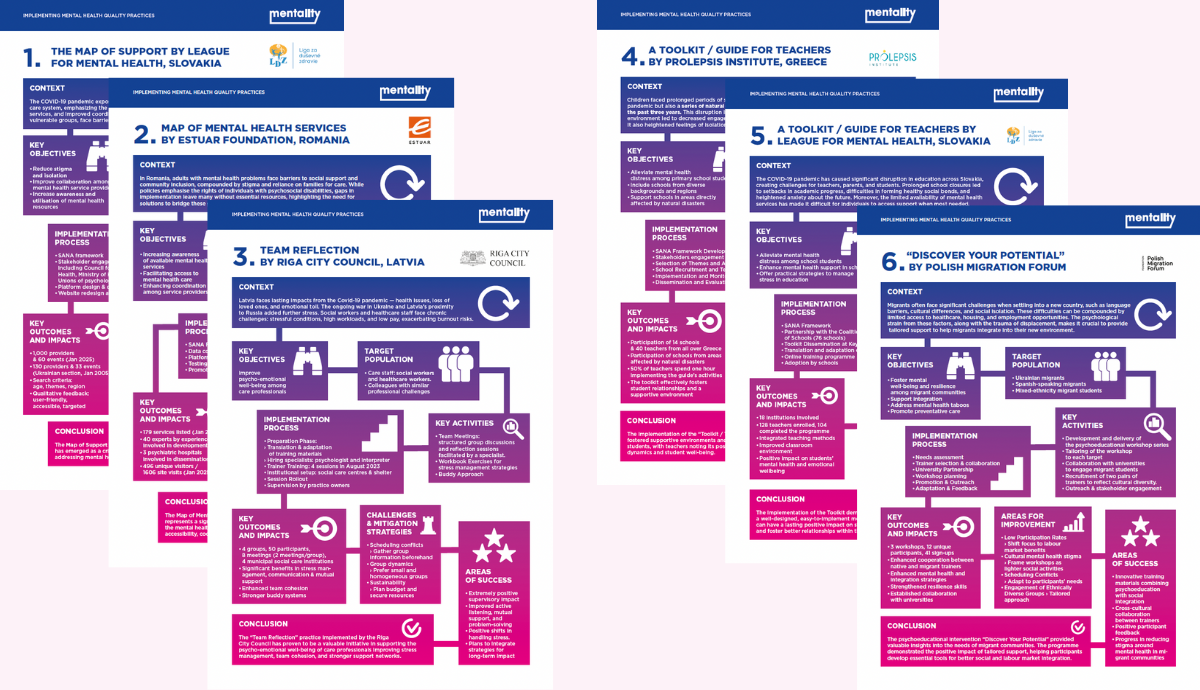
Download the implementation infographics
Download the training materials
The Mentality Practices
Interactive map of centres providing mental health support
The interactive map of mental health support centres (MapaWsparcia.PL practice) was originally developed in Poland. The MENTALITY project facilitated the adaptation and replication of this practice in Romania and Slovakia. MapaWsparcia.PL is a non-profit, dedicated interactive map that identifies facilities offering free mental health support to individuals experiencing mental health distress and those in vulnerable situations, particularly during times of crisis.
New approach to support care professional teams
The Dignity and Pride Programme in the Netherlands has introduced a novel approach called ‘Team Reflection’ to provide support for professional care teams in maintaining their well-being. The MENTALITY project has facilitated the adaptation and replication of this practice in Latvia. This approach is based on the premise that healthcare professionals, when surrounded by their team members and colleagues who have encountered similar challenges, are best equipped to cope with stress. Participants are equipped with tools to address stress and are encouraged to support each other through a peer-to-peer approach within their teams.
Hopeful, Healthy, and Happy Living and Learning Toolkit / Teachers’ Guide
The “Hopeful, Healthy, and Happy Living and Learning Toolkit / Teachers’ Guide” is a collaborative effort between REPSSI, APSSI, and the IFRC Reference Centre for Psychosocial Support (PS Centre), with support from MHPSS.net and funding from Education Cannot Wait. This comprehensive toolkit comprises the Guide for Teachers, the Parent-Caregiver Guide, and the Activity Guide for Teachers, Parents, and Children. Within the framework of the Mentality project, the teachers’ guide was implemented in Slovakia and Greece as a tool to help teachers assist children in reflecting on their pandemic experiences and developing essential coping skills. It includes exercises and activities focused on 16 key life skills that aid in cognitive, social, and emotional development, with the goal of fostering resilience and enhancing psychosocial well-being.
“Discover Your Potential:” measures to support mental health of migrants and refugees in times of crisis
A mental health support programme for migrants and refugees was created in Poland, drawing inspiration from the Mind-Spring training developed by the ARQ Nationaal Psychotrauma Centrum in the Netherlands. The new method, called “Discover Your Potential,” is a preventive group intervention providing psychoeducation for migrant communities, targeting young adults aged 18-35. Each session is led by two trainers: a mental health professional and a trainer with a migrant background. The inclusion of trainers with a migrant background, known as peer educators, adds significant value by ensuring that the content is effectively translated to meet the language and cultural needs of the participants.
- Practice owner: Inspired by the Mind-Spring training by the ARQ Nationaal Psychotrauma Centrum, Netherlands
- Implementers: Polish Migration Forum, Poland
Contacts
If you wish to get in contact with the project coordinators, please send an email to e.delsavio@mentalhealtheurope.org
